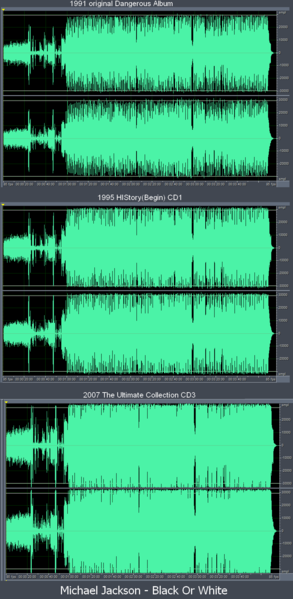Pop Music All Sounds the Same Nowadays

Your parents are officially correct. Nowadays, pop music all sounds pretty much the same.
Researchers in Spain came to the conclusion after tracking the timbre, pitch and volume of nearly a half-million songs released between 1955 and 2010. They found that in this music dataset — which spanned rock, pop, hip-hop, metal and electronic genres — the transitions between chords (a string of notes played at the same time), note combinations, tone and instrument choices all became less and less diverse over time. Meanwhile, the songs grew intrinsically louder.
In short, there's been "a progressive homogenization of the musical discourse," Joan Serrà of the Spanish National Research Council and colleagues wrote in a paper published yesterday (July 26) in the journal Scientific Reports. "In particular, we obtain numerical indicators that the diversity of transitions between note combinations (roughly speaking, chords and melodies) has consistently diminished in the last 50 years."
Whereas in 1960 you might have heard startling chord transitions, unfamiliar instruments and variation in the volume over the course of a song played on the radio, tunes today restrict themselves to the "fashionable" set of chords and note combinations, and maintain a uniformly high volume from beginning to end. [Why Do We Love Music?]
Although no one had previously quantified the trend toward louder music, many in the recording industry colloquially refer to the effect as the "loudness war." More and more these days, when a new album is being digitally mastered, engineers compress and distort the recording until it more frequently peaks at the maximum amplitude, sacrificing sound quality in the process.
Instead of lamenting the deafening dullness of contemporary pop music, the researchers suggest ways in which their findings can be used to revamp old hits for today's audience.
"An old tune rerecorded using modern techniques that allow for increased loudness and with slightly simpler chord progressions and new instrument sonorities could be perceived as novel and fashionable," Serrà said in a statement.
Follow Natalie Wolchover on Twitter @nattyover or Life's Little Mysteries @llmysteries. We're also on Facebook & Google+.
Copyright 2012 Lifes Little Mysteries, a TechMediaNetwork company. All rights reserved. This material may not be published, broadcast, rewritten or redistributed.

